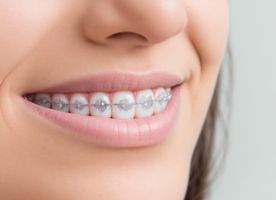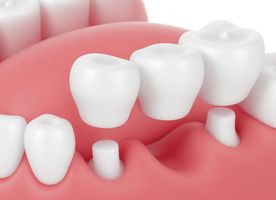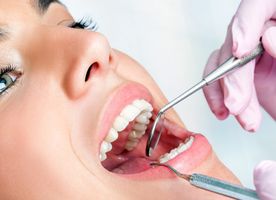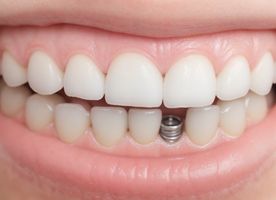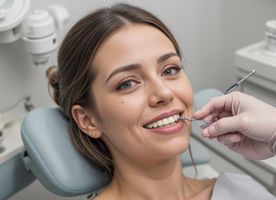Teeth Whitening in District 1
Search and Compare the Best Clinics and Doctors at the Lowest Prices for Teeth Whitening in District 1
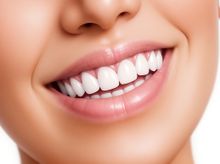













































































































































No Time?
Tell us what you're looking for and we'll reach out to the top clinics all at once
What does a Teeth Whitening Procedure Involve?
There are two different options to undergo professional teeth whitening: in-office treatment and at-home treatment through a dentist. Both options use peroxide-based bleaching agents (carbamide or hydrogen peroxides). With in-office treatment, your dentist will apply a product or solution that contains around 15% to 43% peroxide. It works quickly and the effect lasts longer than an at-home treatment. With at-home treatment, your dentist will make you custom-fit tray filled with a bleaching gel that contains around 3% to 20% peroxide. You will have to place this tray over your teeth for 30 minutes to an hour a day for a few weeks. Both in-office and at-home treatments do not involve any anesthesia.
How Long Should I Stay in District 1 for a Teeth Whitening Procedure?
Some dentists can whiten your teeth in a single two-hour appointment, meaning you can go home right after the procedure. However, some dentists may require several in-office visits until you get your desired result. Also, if you have at-home treatment, you may need two separate appointments with your dentist. In this case, plan to stay in District 1 for around 3 to 7 days.
What's the Recovery Time for Teeth Whitening Procedures in District 1?
Teeth whitening requires almost no downtime. Right after the procedure, your teeth may become sensitive to hot and cold, but you can go back to your normal activities, exercises, and work immediately after the procedure.
What sort of Aftercare is Required for Teeth Whitening Procedures in District 1?
To maintain the results of the procedure, you need to make sure you brush your teeth twice a day as well as flossing and using an antibacterial mouthwash. You should also avoid food and beverage that can stain your teeth (acidic and tannin-rich food), such as tea, coffee, wine, carbonated beverages, sports drink, sauces, berries.
What's the Success Rate of Teeth Whitening Procedures in District 1?
Teeth whitening via your dentist are highly effective and safe. However, it may be less effective for people who have brown teeth and it only works best on people with yellow teeth. If you have purple or gray teeth, this procedure probably will not work at all. Also, the procedure carries some side effects and risks, including teeth sensitivity and irritated gums.
Are there Alternatives to Teeth Whitening Procedures in District 1?
If you are not a candidate for teeth whitening, your alternative includes porcelain veneers, dental crown, dental bonding, and tooth-colored fillings. If you do not want to go to the dentist to undergo the procedure, some over-the-counter products can be your option. However, bear in mind that over-the-counter products may not work as effectively as professional teeth whitening.
This information has been accurately sourced and verified by a medical professional for its accuracy, however, we strongly recommend you to consult with your doctor before pursuing medical procedures overseas.





